With a splintered nod from Supreme Court, Maharashtra police can continue its probe against five activists arrested for alleged links with banned outfit Communist Party of India (Maoist) in the Bhima Koregaon violence case.
In a majority verdict of 2:1, the three-judge bench said on Friday the activists would remain in house arrest for another four weeks and allowed the state police to carry on with the investigation which began with a first information report filed on January 8 against Varavara Rao, Sudha Bhardwaj, Gautam Navlakha, Arun Ferreira and Vernon Gonsalves.
The activists had accused the police of fabricating evidence against them since they had spoken out against government policies and advocated support for people such as GN Saibaba, who was convicted under the Unlawful Activities Prevention Act for Maoist links.
But the state police submitted its case diary along with other evidence to the top court to show that the five have not been arrested because they were "dissenters". The evidence has not been made public as it could prejudice the case.
"It is not a case of arrest because of mere dissenting views or difference in political ideology of the accused. It concerns their link with members of the banned organisation and its activities," said Chief Justice of India (CJI) Dipak Misra, who demits office on October 2, and Justice AM Khanwilkar.
Justice DY Chandrachud was the dissenter. He said that a press meeting held by the police on August 31 and their repeated utterances to the media in a case under investigation was a clear attempt to besmirch the activists. Finding the state police to be untrustworthy, he backed the activists' plea for a probe by a special investigation team (SIT).
But the bench rejected the demand for an SIT probe, largely because the evidence in the case will be tested in lower courts, and the case is yet to reach that stage.
The court's majority view held, "No specific material facts and particulars are found in the petition about mala fide exercise of power by the investigating officer… The investigating officer is free to proceed against the concerned accused as per law."
With this, the court returned the case files to the police in a sealed cover.
![submenu-img]() Rohit Sharma: The True Epitome of Leadership in the Cricket World
Rohit Sharma: The True Epitome of Leadership in the Cricket World![submenu-img]() Nature's Powerhouse For Even Skin Tone: Blossom Kochhar Aroma Magic Introduces Anti-Pigmentation Glossy Pack
Nature's Powerhouse For Even Skin Tone: Blossom Kochhar Aroma Magic Introduces Anti-Pigmentation Glossy Pack![submenu-img]() Chef Vikas Khanna sends a special video to Rachana Shah and Rhythm Wagholikar
Chef Vikas Khanna sends a special video to Rachana Shah and Rhythm Wagholikar![submenu-img]() Meet world's richest actor, has only one hit, richer than Shah Rukh Khan, Tom Cruise, his net worth is of $1.4 billion
Meet world's richest actor, has only one hit, richer than Shah Rukh Khan, Tom Cruise, his net worth is of $1.4 billion![submenu-img]() Watch: West Indies spinner Zaida James gets hit on face during Women's T20 World Cup 2024 match
Watch: West Indies spinner Zaida James gets hit on face during Women's T20 World Cup 2024 match![submenu-img]() Haryana Elections: हरियाणा में वोटिंग आज, 2 करोड़ वोटर 1031 उम्मीदवारों की किस्मत का करेंगे फैसला
Haryana Elections: हरियाणा में वोटिंग आज, 2 करोड़ वोटर 1031 उम्मीदवारों की किस्मत का करेंगे फैसला![submenu-img]() Kolkata Rape-Murder Case: ममता सरकार को मिला 24 घंटे का अल्टीमेटम, मांगें नहीं मानी तो डॉक्टर करेंगे भूख हड़ताल
Kolkata Rape-Murder Case: ममता सरकार को मिला 24 घंटे का अल्टीमेटम, मांगें नहीं मानी तो डॉक्टर करेंगे भूख हड़ताल![submenu-img]() IND vs NZ: विमेंस टी20 वर्ल्ड कप में बवाल, अंपायर ने की टीम इंडिया के साथ बेईमानी; कोच-कप्तान को आया भयंकर गुस्सा
IND vs NZ: विमेंस टी20 वर्ल्ड कप में बवाल, अंपायर ने की टीम इंडिया के साथ बेईमानी; कोच-कप्तान को आया भयंकर गुस्सा![submenu-img]() Dragunov Sniper Rifle: इसे Khamenei ने यूं ही नहीं पकड़ा, Rifle की अपनी हैं खासियतें...
Dragunov Sniper Rifle: इसे Khamenei ने यूं ही नहीं पकड़ा, Rifle की अपनी हैं खासियतें...![submenu-img]() Narayanpur Encounter: छत्तीसगढ़ के बस्तर में सुरक्षाबलों को बड़ी कामयाबी, 30 नक्सली एनकाउंटर में ढेर
Narayanpur Encounter: छत्तीसगढ़ के बस्तर में सुरक्षाबलों को बड़ी कामयाबी, 30 नक्सली एनकाउंटर में ढेर![submenu-img]() This company overtakes Ratan Tata's firm to become India’s…; it is owned by…
This company overtakes Ratan Tata's firm to become India’s…; it is owned by…![submenu-img]() Mahindra Thar ROXX booking to start from..., check waiting period, details
Mahindra Thar ROXX booking to start from..., check waiting period, details![submenu-img]() BMW launches CE 02 electric scooter in India; price starts at Rs…
BMW launches CE 02 electric scooter in India; price starts at Rs…![submenu-img]() Mahindra Thar Roxx 4x4 prices revealed, starts at Rs…
Mahindra Thar Roxx 4x4 prices revealed, starts at Rs…![submenu-img]() Sebi gives nod to Hyundai India's Rs 20,000 crore IPO, listing month is...
Sebi gives nod to Hyundai India's Rs 20,000 crore IPO, listing month is...![submenu-img]() Meet woman who begged in childhood, became doctor after 20 years of struggle, now she is...
Meet woman who begged in childhood, became doctor after 20 years of struggle, now she is...![submenu-img]() Meet man, who left govt job as Assistant Excise Officer, used to get Rs 50000000, now works as...
Meet man, who left govt job as Assistant Excise Officer, used to get Rs 50000000, now works as...![submenu-img]() This engineer lands Google job, gets record-breaking offer, not from IIT, NIT
This engineer lands Google job, gets record-breaking offer, not from IIT, NIT![submenu-img]() Haryana schools to remain closed for two days due to elections; check dates here
Haryana schools to remain closed for two days due to elections; check dates here![submenu-img]() Meet man, who bagged AIR 1 in JEE Advance, studied at IIT Bombay, now pursuing PhD at prestigious college in...
Meet man, who bagged AIR 1 in JEE Advance, studied at IIT Bombay, now pursuing PhD at prestigious college in...![submenu-img]() After Hassan Nasrallah's Death, This Cleric Is Now Tipped To Be Hezbollah Leader | Israel | Lebanon
After Hassan Nasrallah's Death, This Cleric Is Now Tipped To Be Hezbollah Leader | Israel | Lebanon![submenu-img]() Hashem Safieddine, Cousin Of Hassan Nasrallah To Become Hezbollah's New Chief | Israel-Lebanon War
Hashem Safieddine, Cousin Of Hassan Nasrallah To Become Hezbollah's New Chief | Israel-Lebanon War![submenu-img]() Israel Hezbollah War: Nasrallah's Death, A Turning Point for Hezbollah's Future? Experts Explain
Israel Hezbollah War: Nasrallah's Death, A Turning Point for Hezbollah's Future? Experts Explain![submenu-img]() Israel Hezbollah War: Hassan Nasrallah's Death Leads To Protests In J&K, Ex-CM Mehbooba Mufti Reacts
Israel Hezbollah War: Hassan Nasrallah's Death Leads To Protests In J&K, Ex-CM Mehbooba Mufti Reacts![submenu-img]() Israel Hezbollah War: Nasrallah's Death Leads To Protest By Women & Children In Jammu And Kashmir
Israel Hezbollah War: Nasrallah's Death Leads To Protest By Women & Children In Jammu And Kashmir![submenu-img]() Anil Ambani's Reliance Power shares plunge by 5% a day after company announces...
Anil Ambani's Reliance Power shares plunge by 5% a day after company announces...![submenu-img]() Meet richest man of Kanpur with whopping net worth of Rs 14000 crore, he is the mastermind behind...
Meet richest man of Kanpur with whopping net worth of Rs 14000 crore, he is the mastermind behind...![submenu-img]() Who is Gia 'Goyal', related to Zomato CEO Deepinder Goyal, with net worth of Rs 142850150000
Who is Gia 'Goyal', related to Zomato CEO Deepinder Goyal, with net worth of Rs 142850150000![submenu-img]() IndiGo's Rakesh Gangwal makes HUGE investment in US Airline, buys 3600000 shares worth Rs....
IndiGo's Rakesh Gangwal makes HUGE investment in US Airline, buys 3600000 shares worth Rs....![submenu-img]() Meet Ahmedabad's RICHEST man, college drop out who has business worth Rs 17000000000000, not Mukesh Ambani, he is...
Meet Ahmedabad's RICHEST man, college drop out who has business worth Rs 17000000000000, not Mukesh Ambani, he is...![submenu-img]() 10 sultry, sexy photos of Aabha Paul that crashed the internet
10 sultry, sexy photos of Aabha Paul that crashed the internet![submenu-img]() From Shah Rukh Khan in Jawan to Jr NTR in Devara Part One: 7 actors who played father-son in blockbuster films
From Shah Rukh Khan in Jawan to Jr NTR in Devara Part One: 7 actors who played father-son in blockbuster films![submenu-img]() Navratri 2024: 5 Bollywood diva-inspired lehengas, sarees for stunning Garba look
Navratri 2024: 5 Bollywood diva-inspired lehengas, sarees for stunning Garba look![submenu-img]() Need vitamin B12? Add these 7 nutrient-packed foods to your diet
Need vitamin B12? Add these 7 nutrient-packed foods to your diet![submenu-img]() Meet actress who survived honour killing, worked in B-grade films still became star; later left Bollywood to become…
Meet actress who survived honour killing, worked in B-grade films still became star; later left Bollywood to become…![submenu-img]() Launch of the flagship ‘Always Care: Animal Care Centre’ at Manavta Mahotsav on Param Gurudev Namramuni Maharaj Saheb’s
Launch of the flagship ‘Always Care: Animal Care Centre’ at Manavta Mahotsav on Param Gurudev Namramuni Maharaj Saheb’s ![submenu-img]() Chhattisgarh: 28 naxals killed in encounter with police along Dantewada border
Chhattisgarh: 28 naxals killed in encounter with police along Dantewada border![submenu-img]() CBI arrests NIA officer for demanding Rs 2.5 crore bribe, here's what happened
CBI arrests NIA officer for demanding Rs 2.5 crore bribe, here's what happened![submenu-img]() SC rejects petitions seeking review of judgement allowing sub-classification of Scheduled Castes
SC rejects petitions seeking review of judgement allowing sub-classification of Scheduled Castes![submenu-img]() Former cricketer and actor Salil Ankola's mother found dead in Pune flat
Former cricketer and actor Salil Ankola's mother found dead in Pune flat
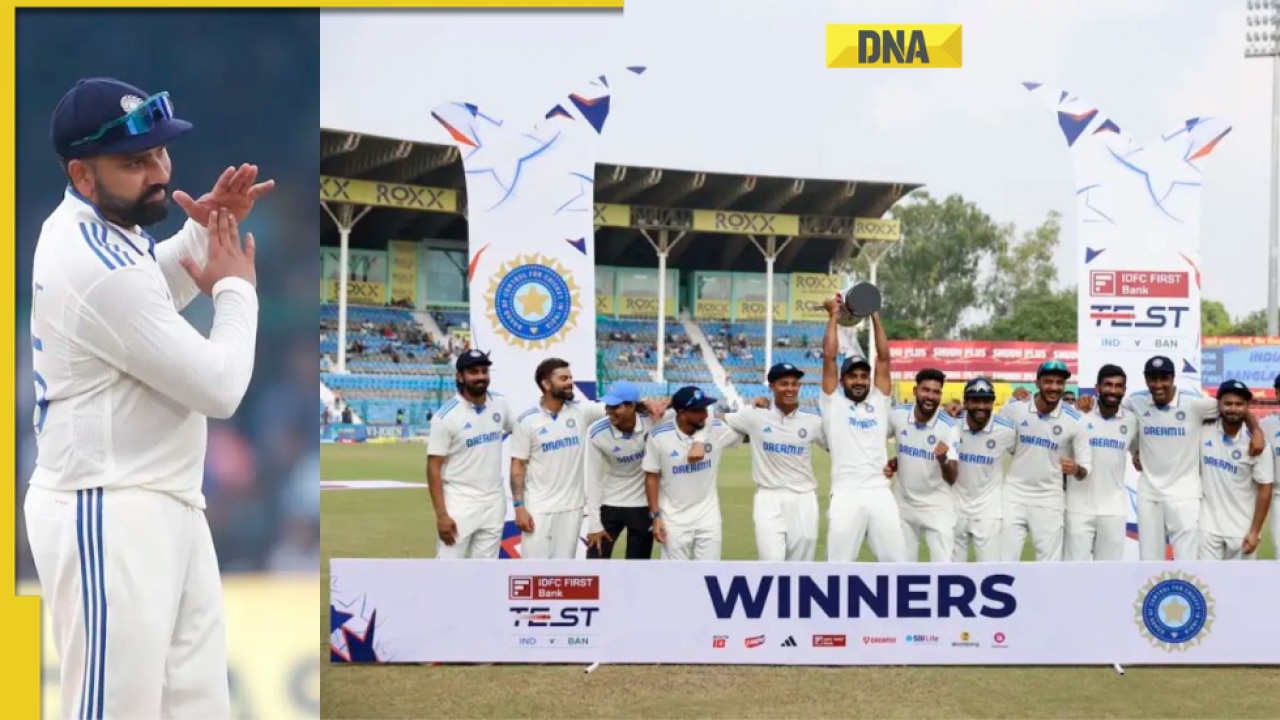



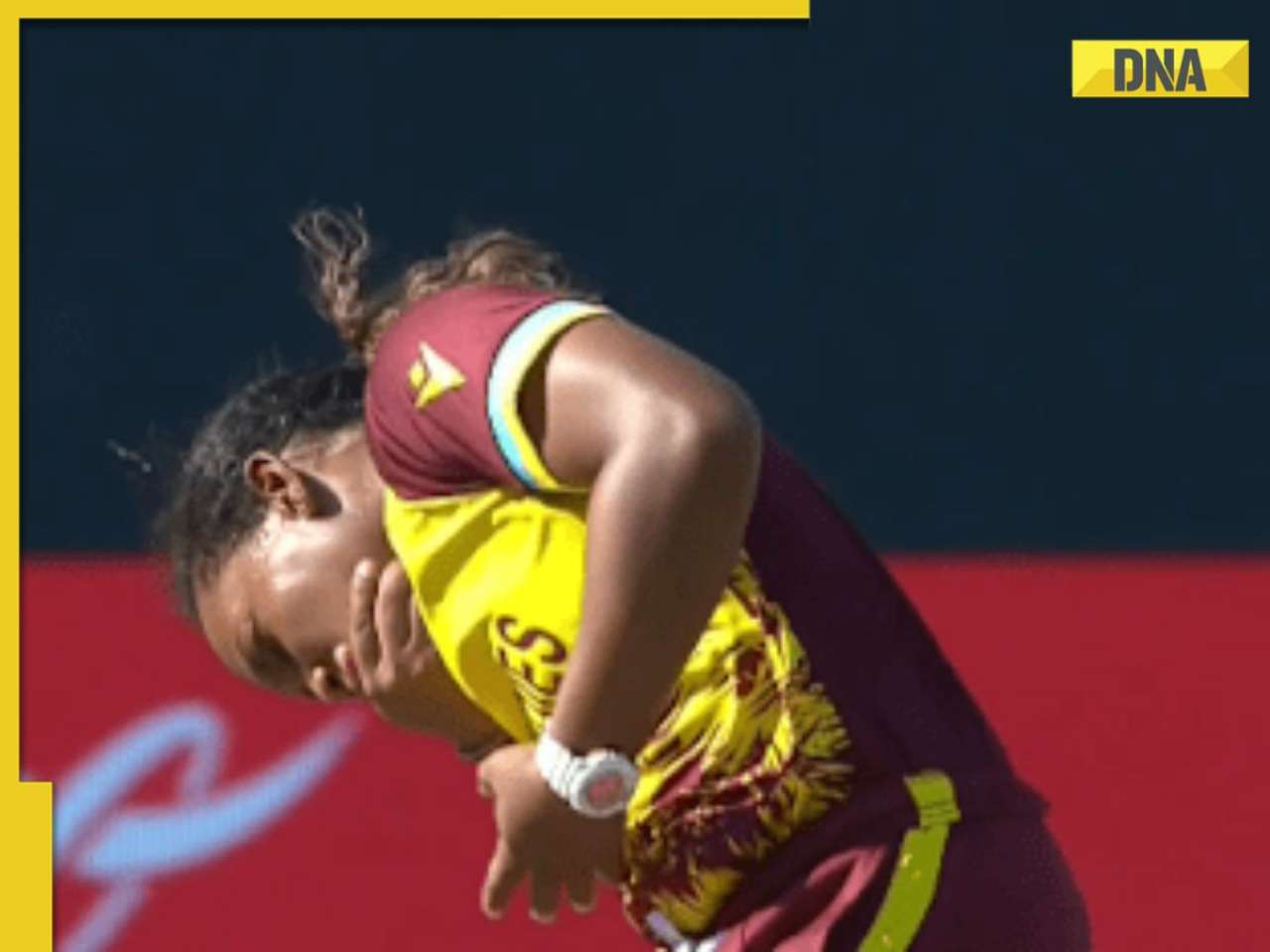





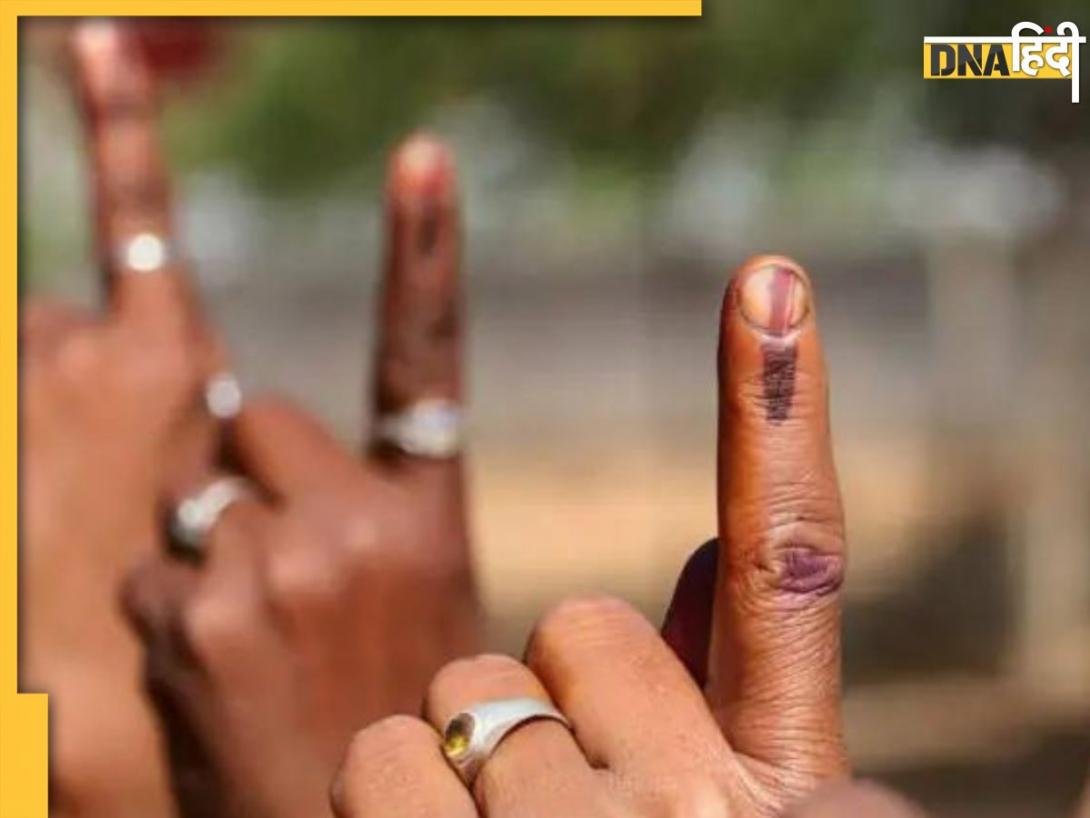
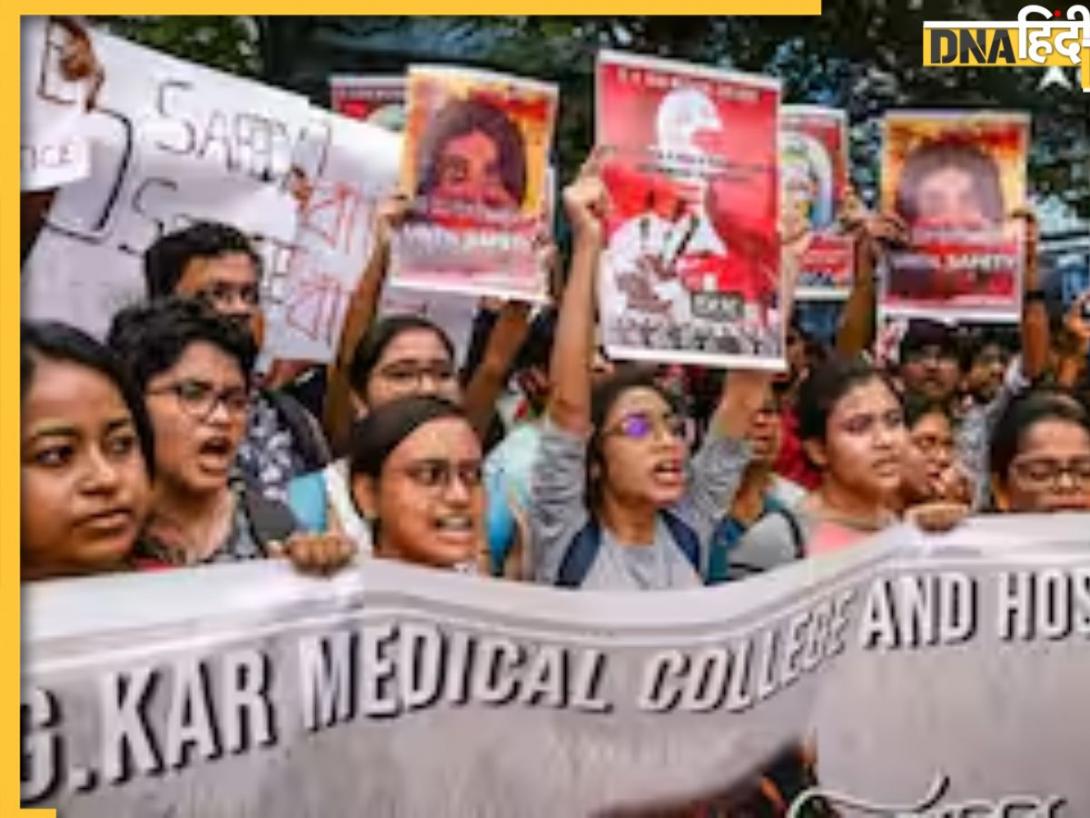


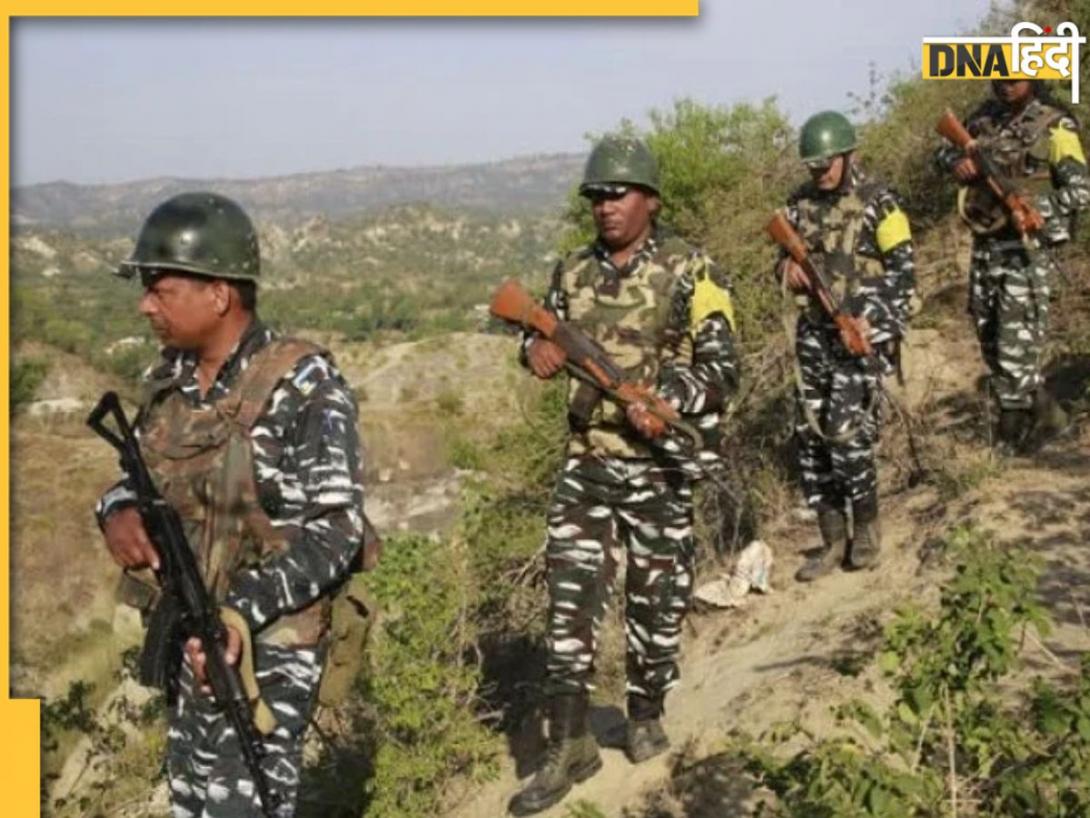
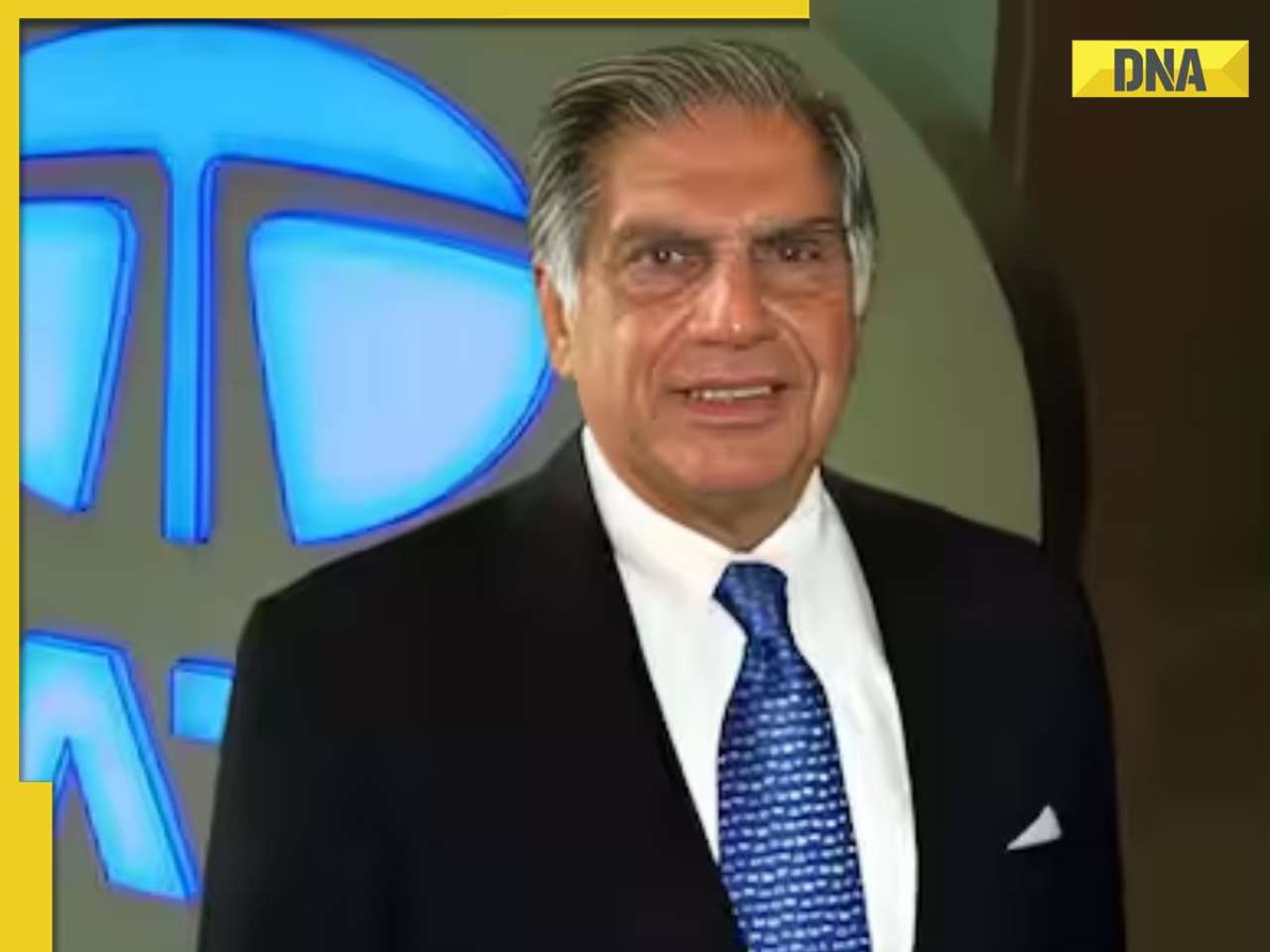




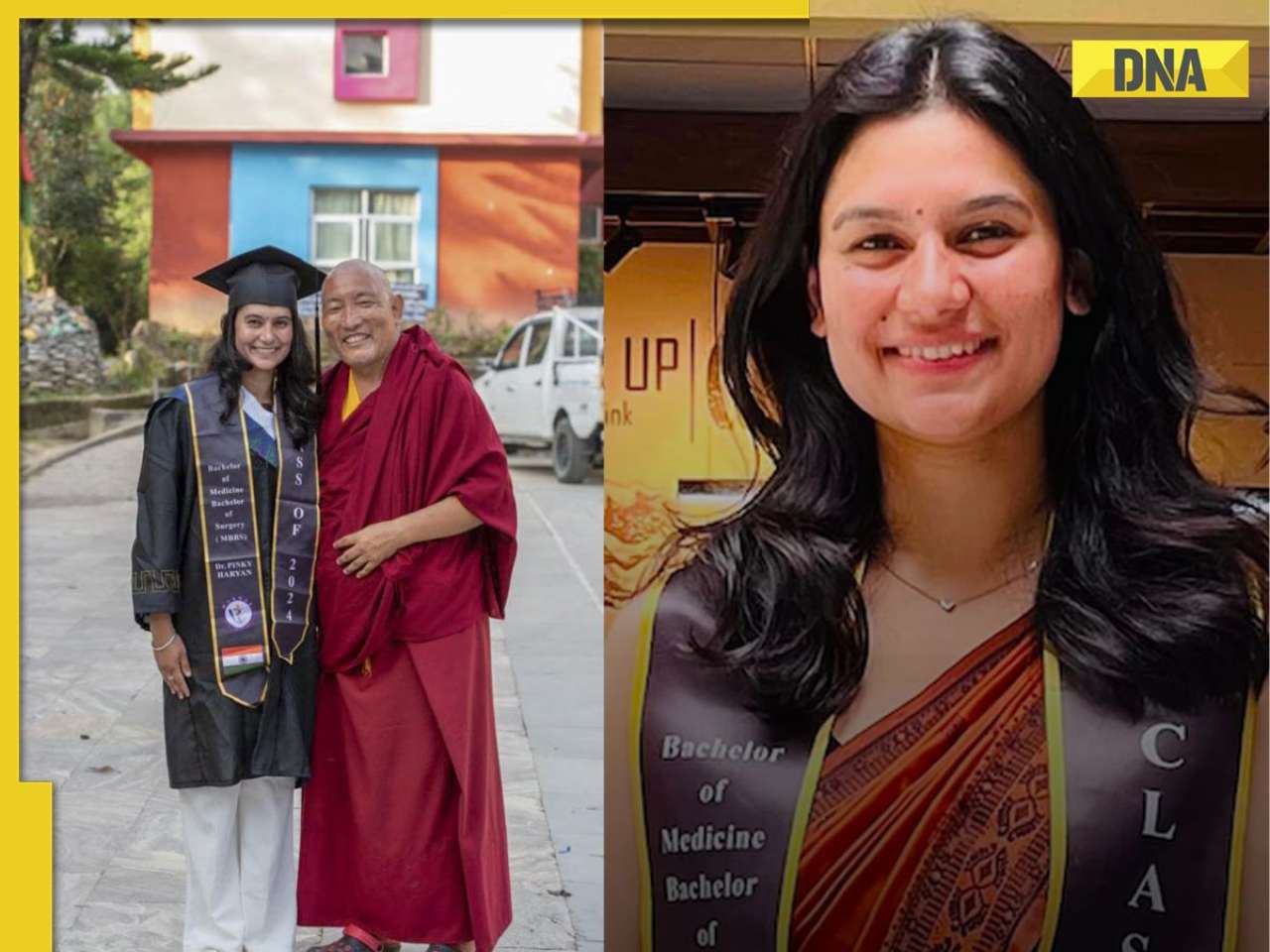
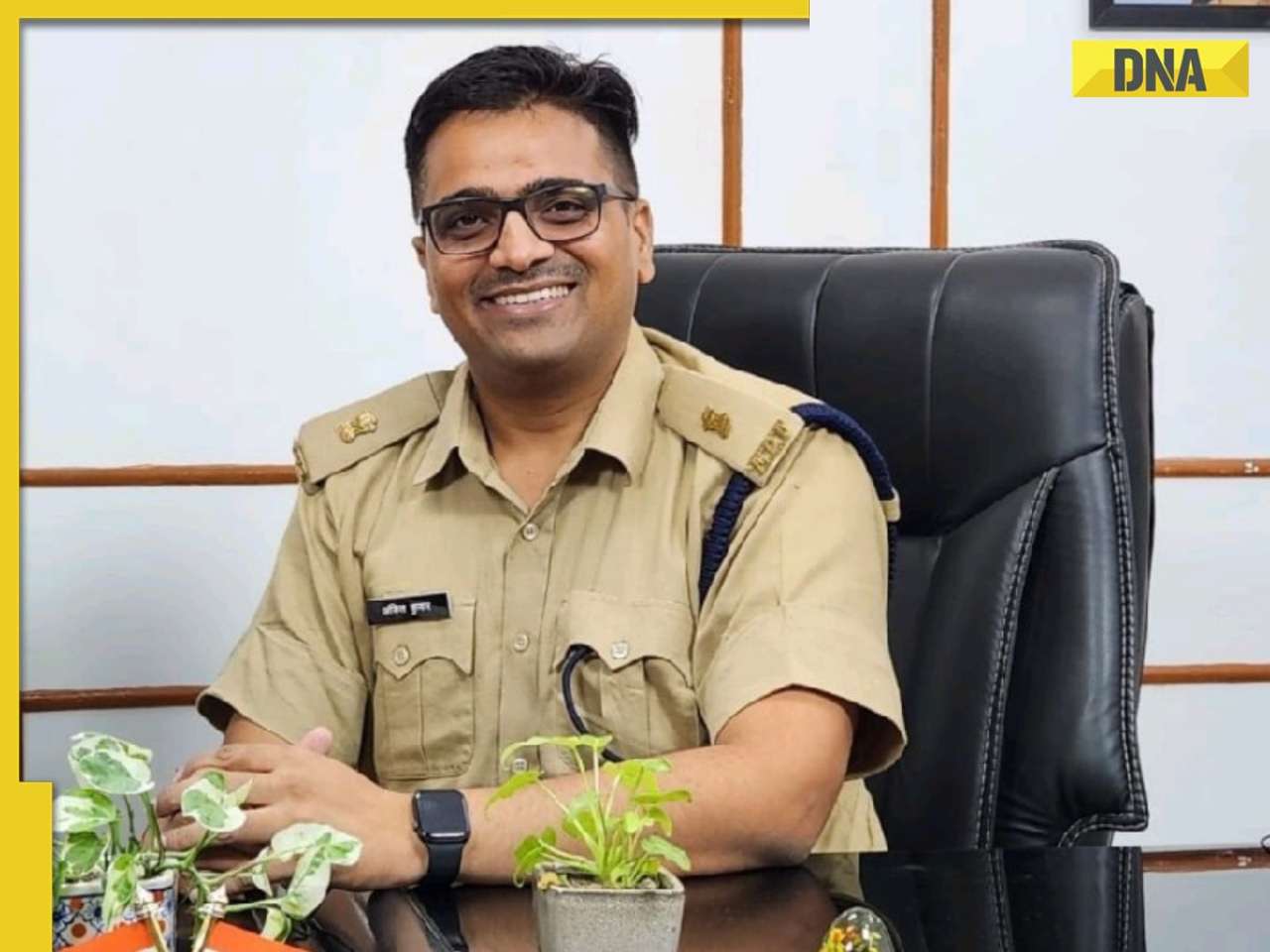
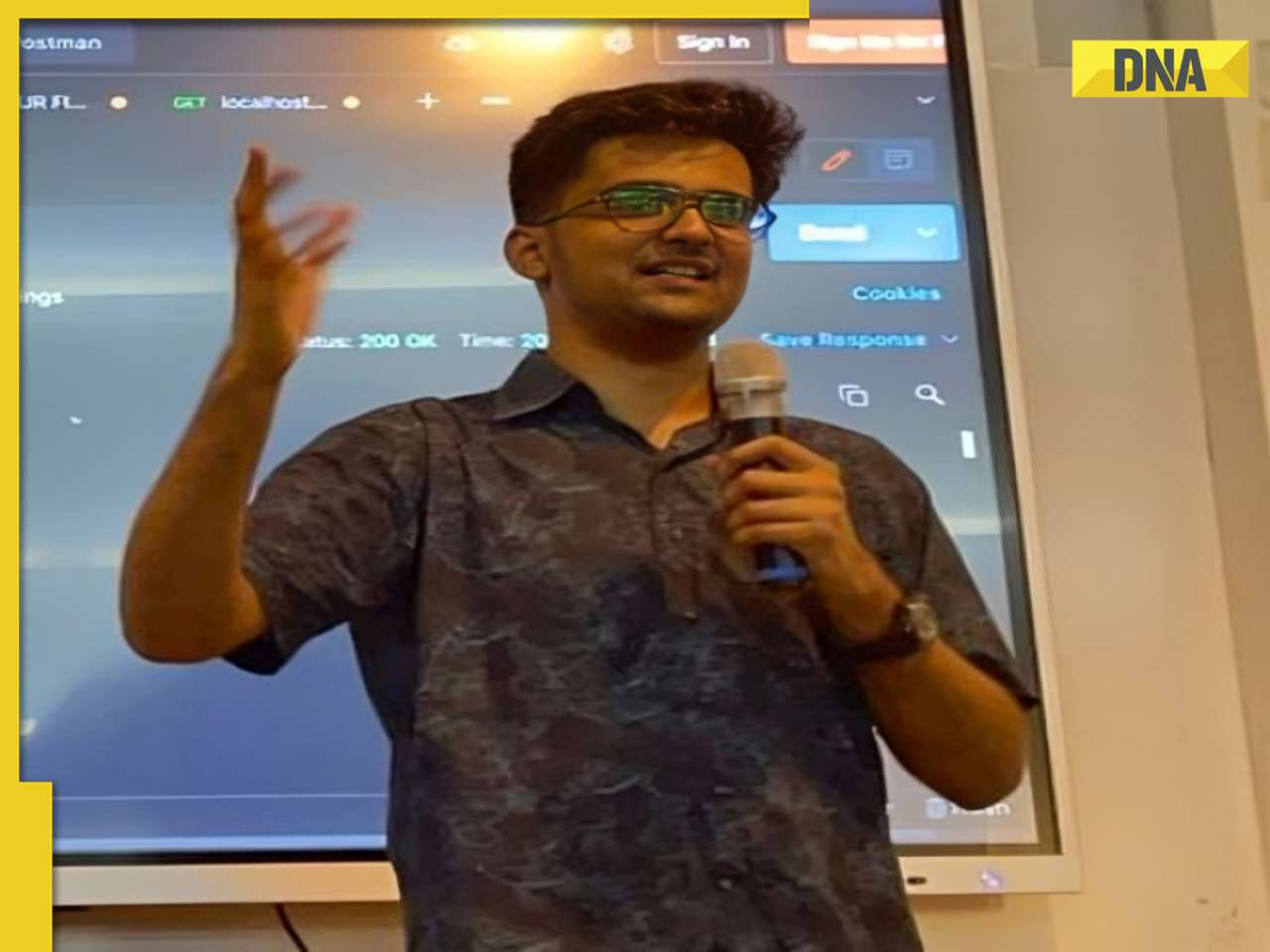
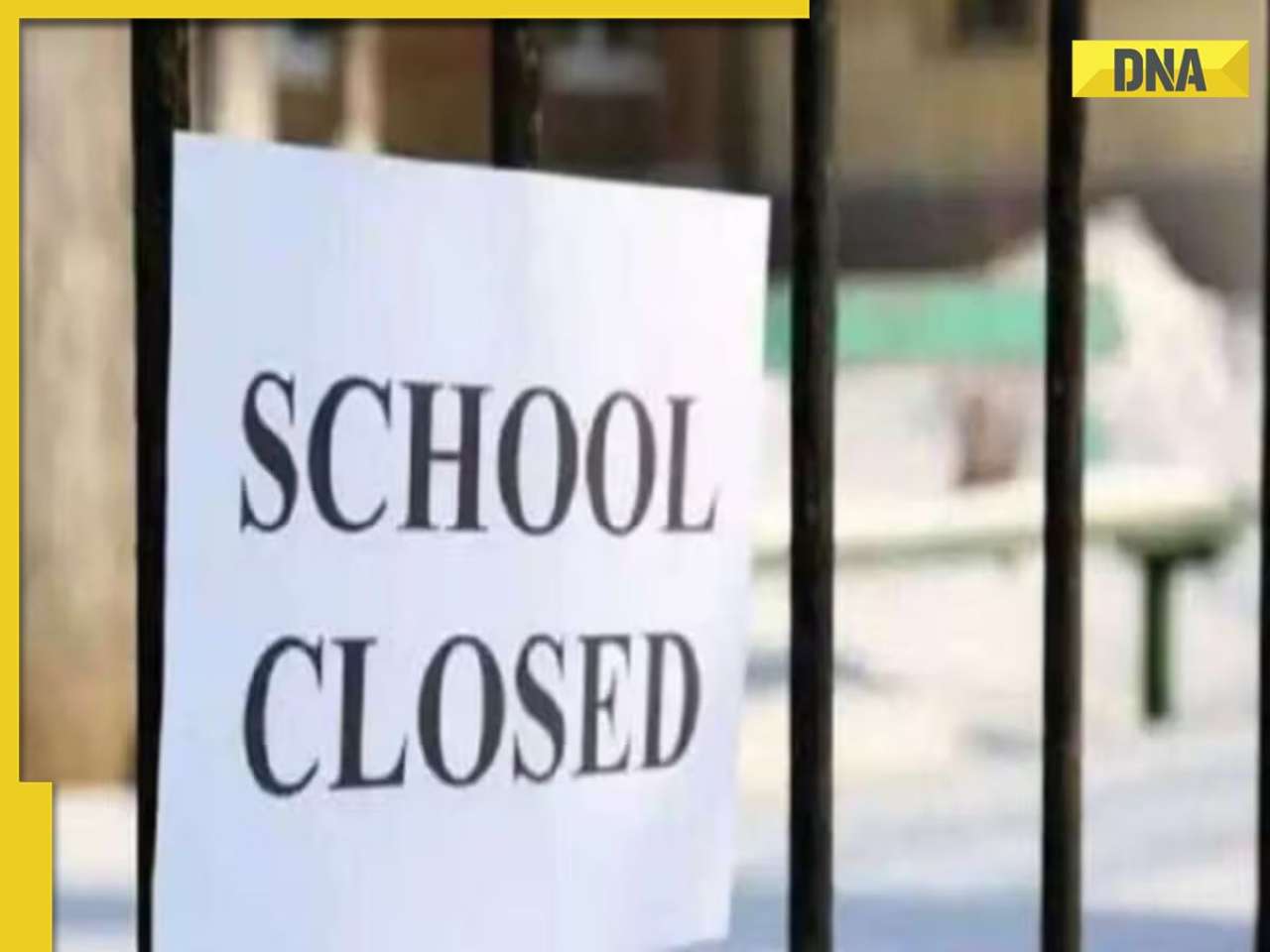
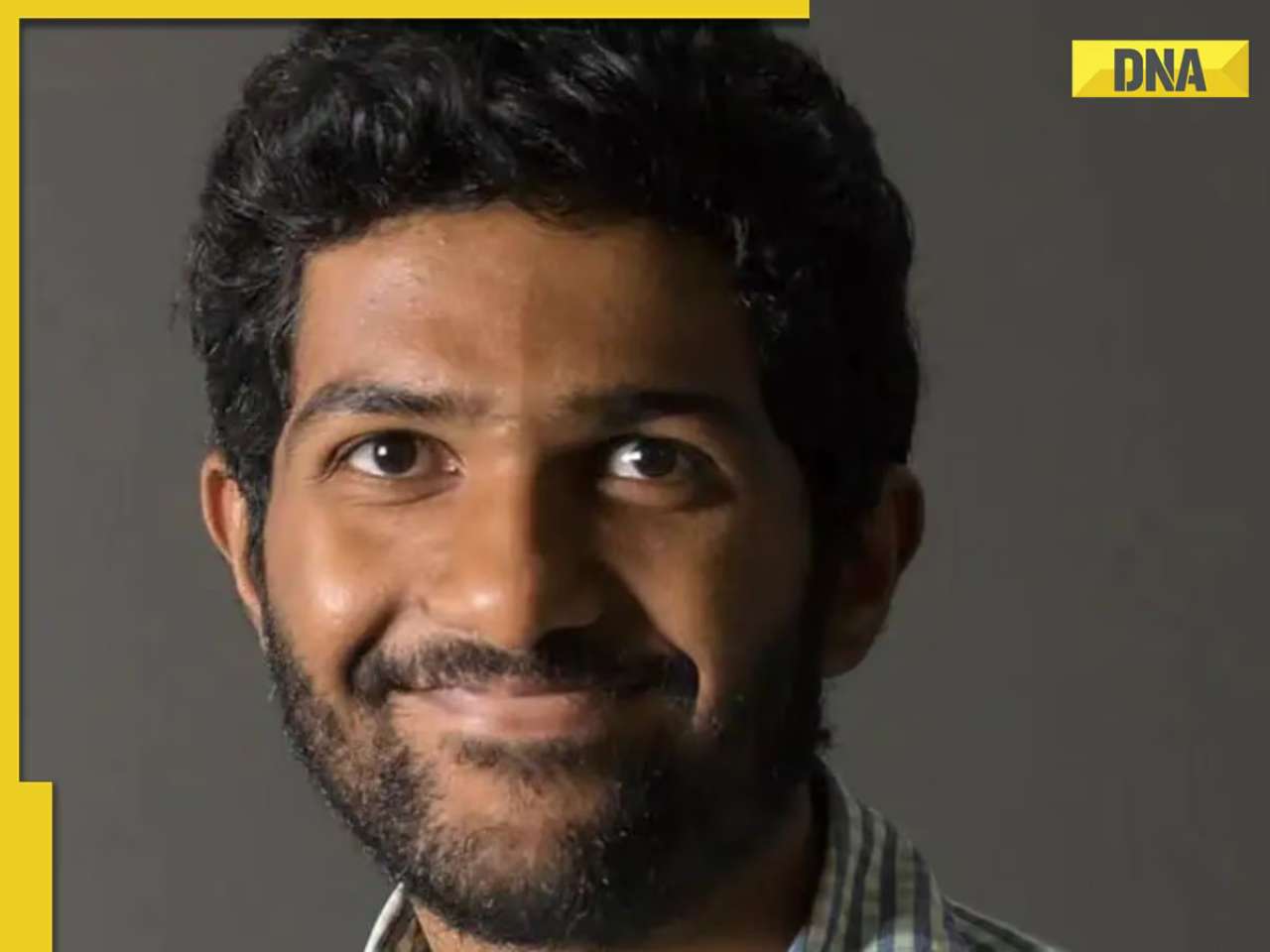

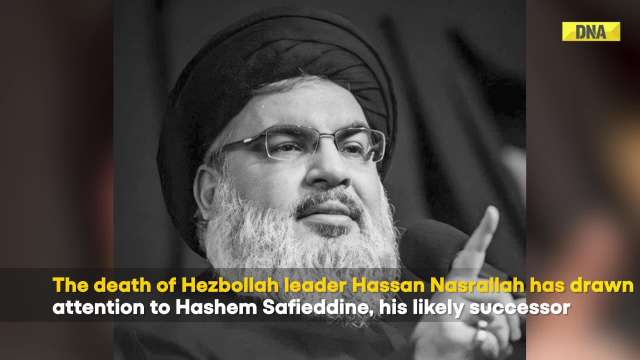
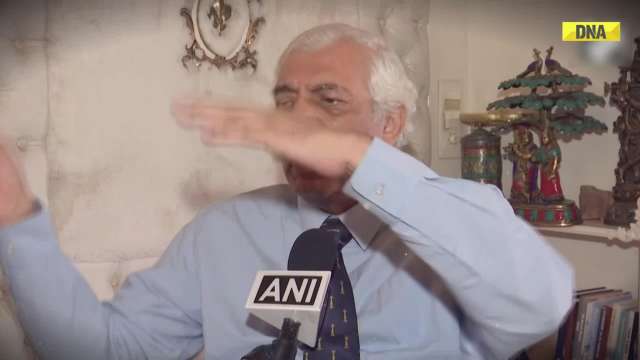



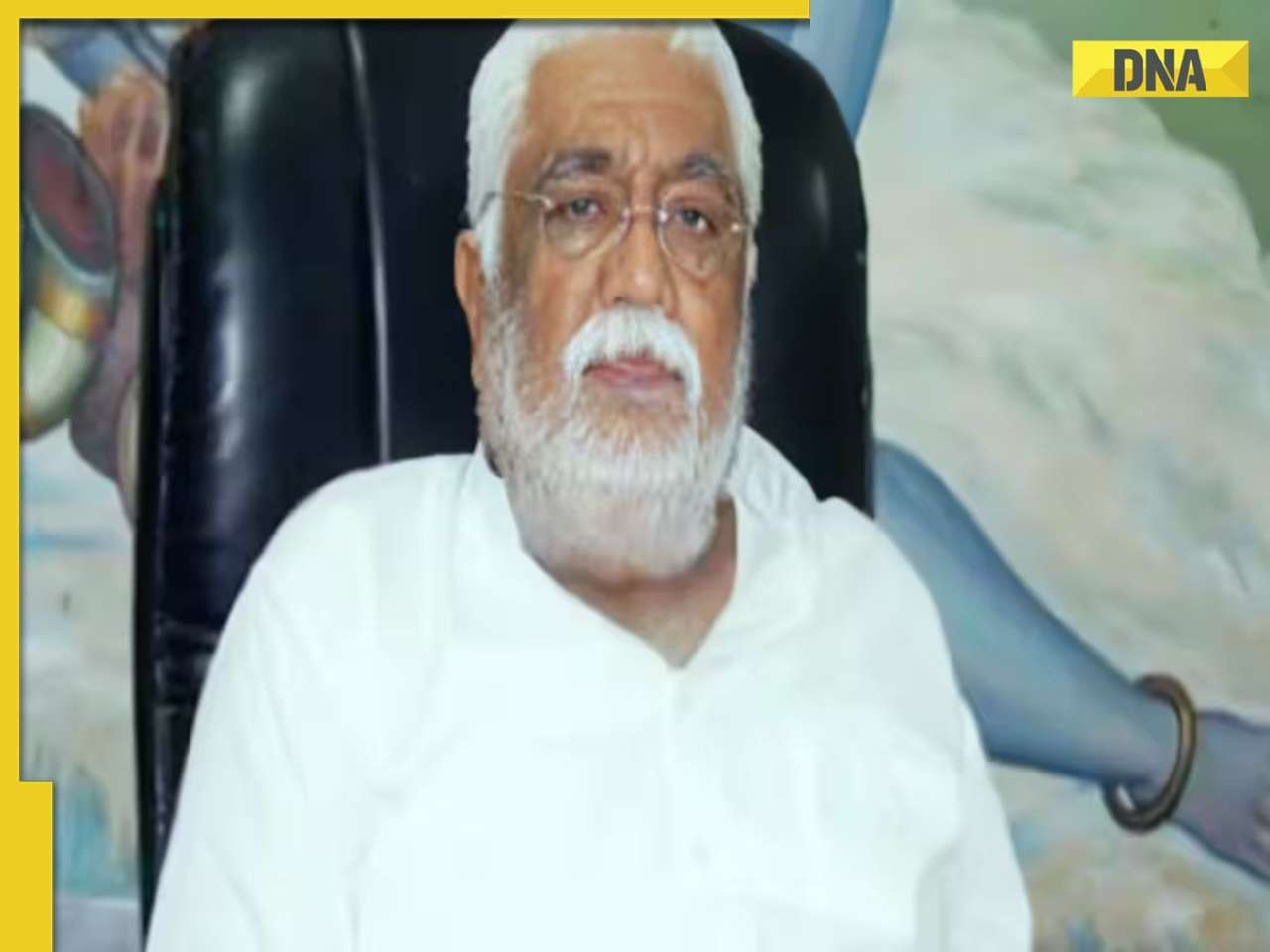


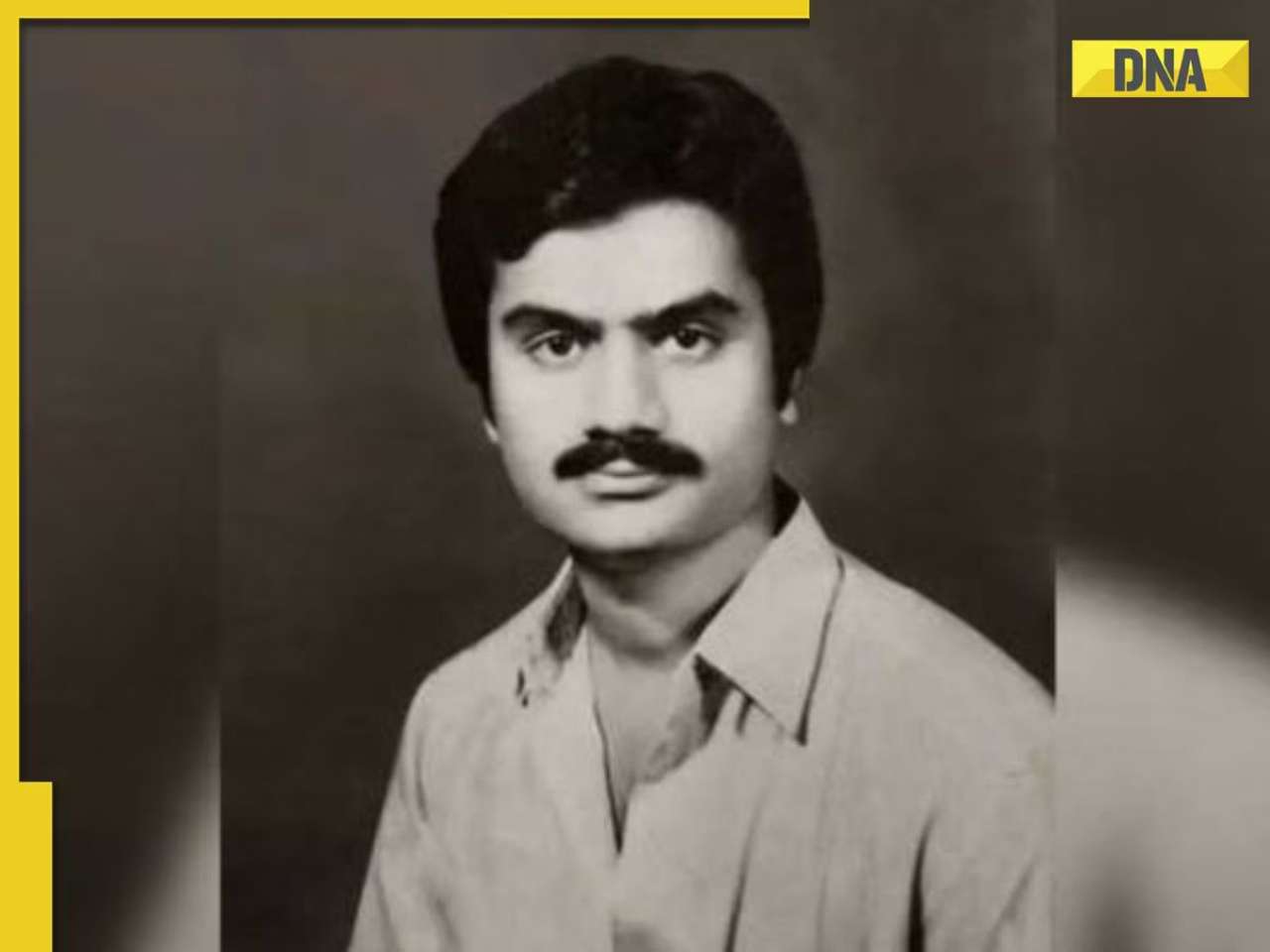





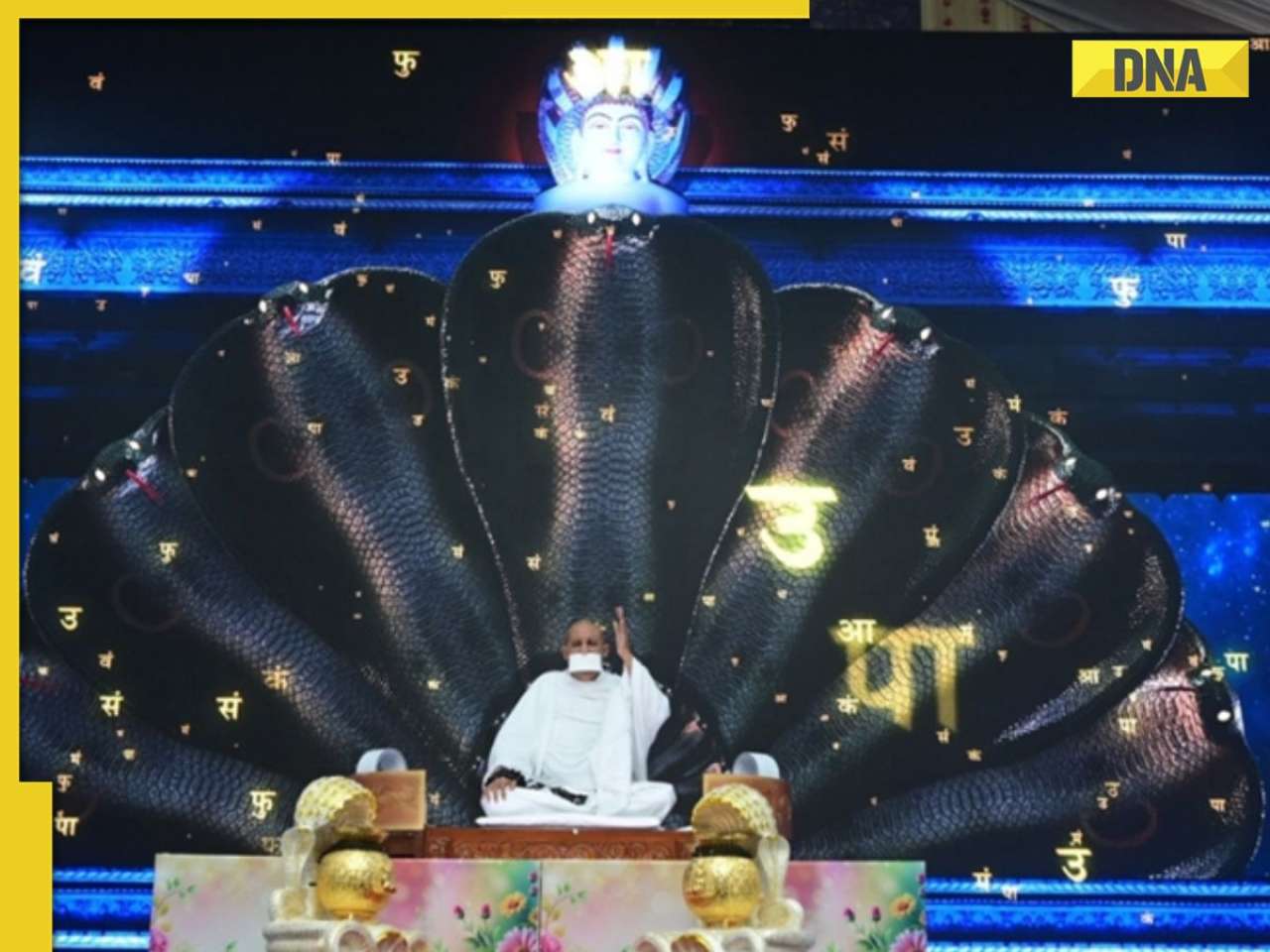
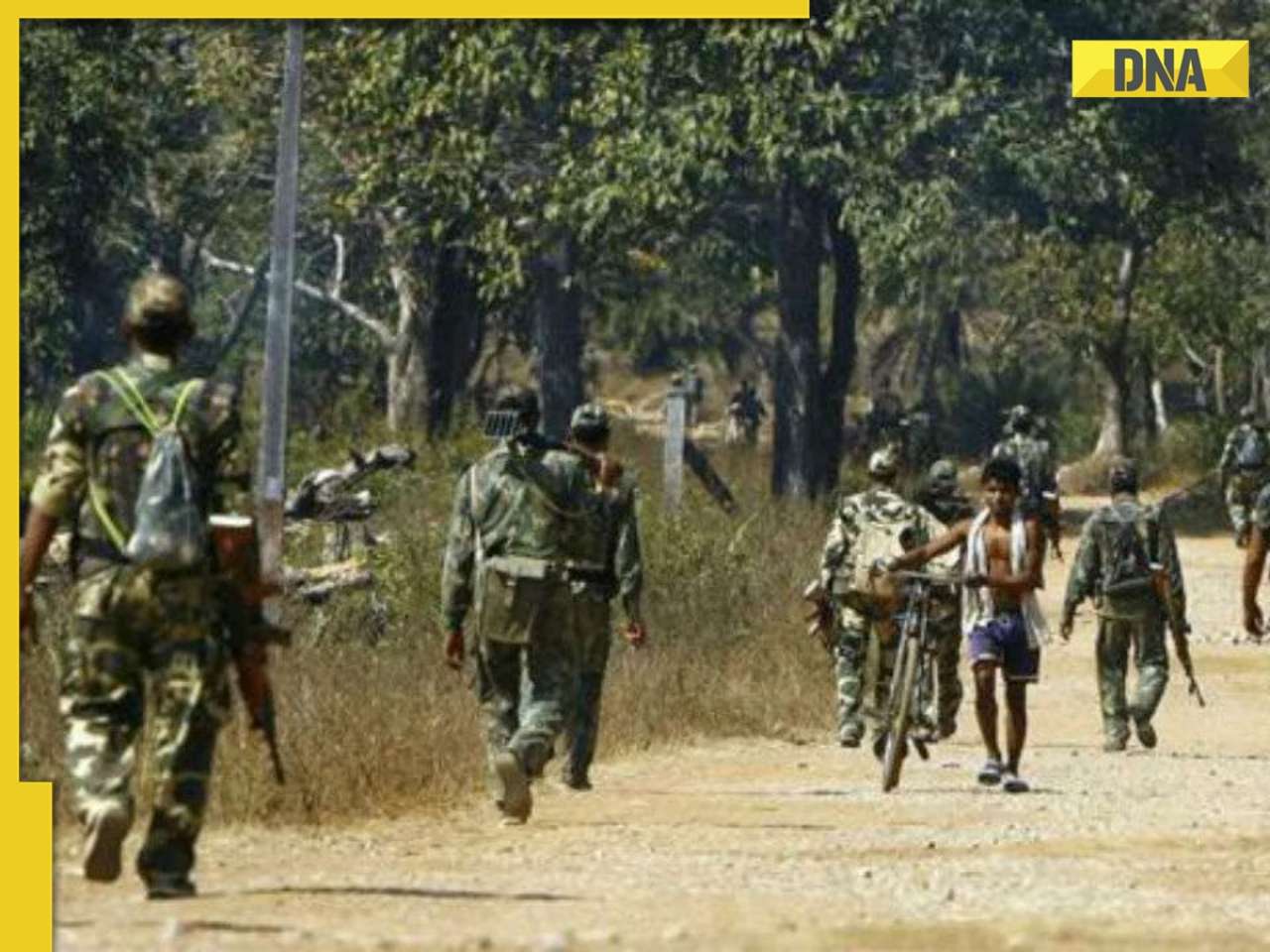
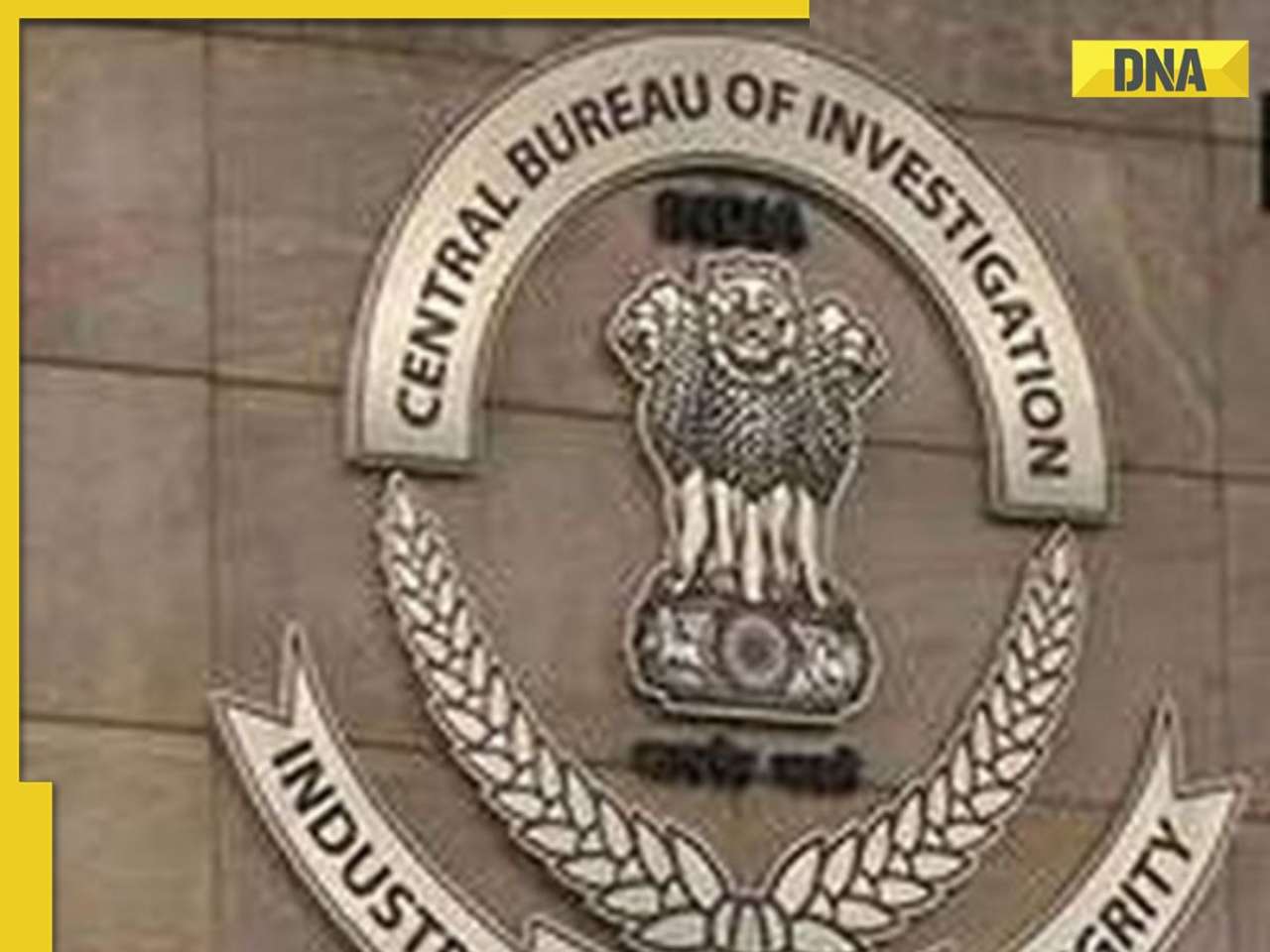
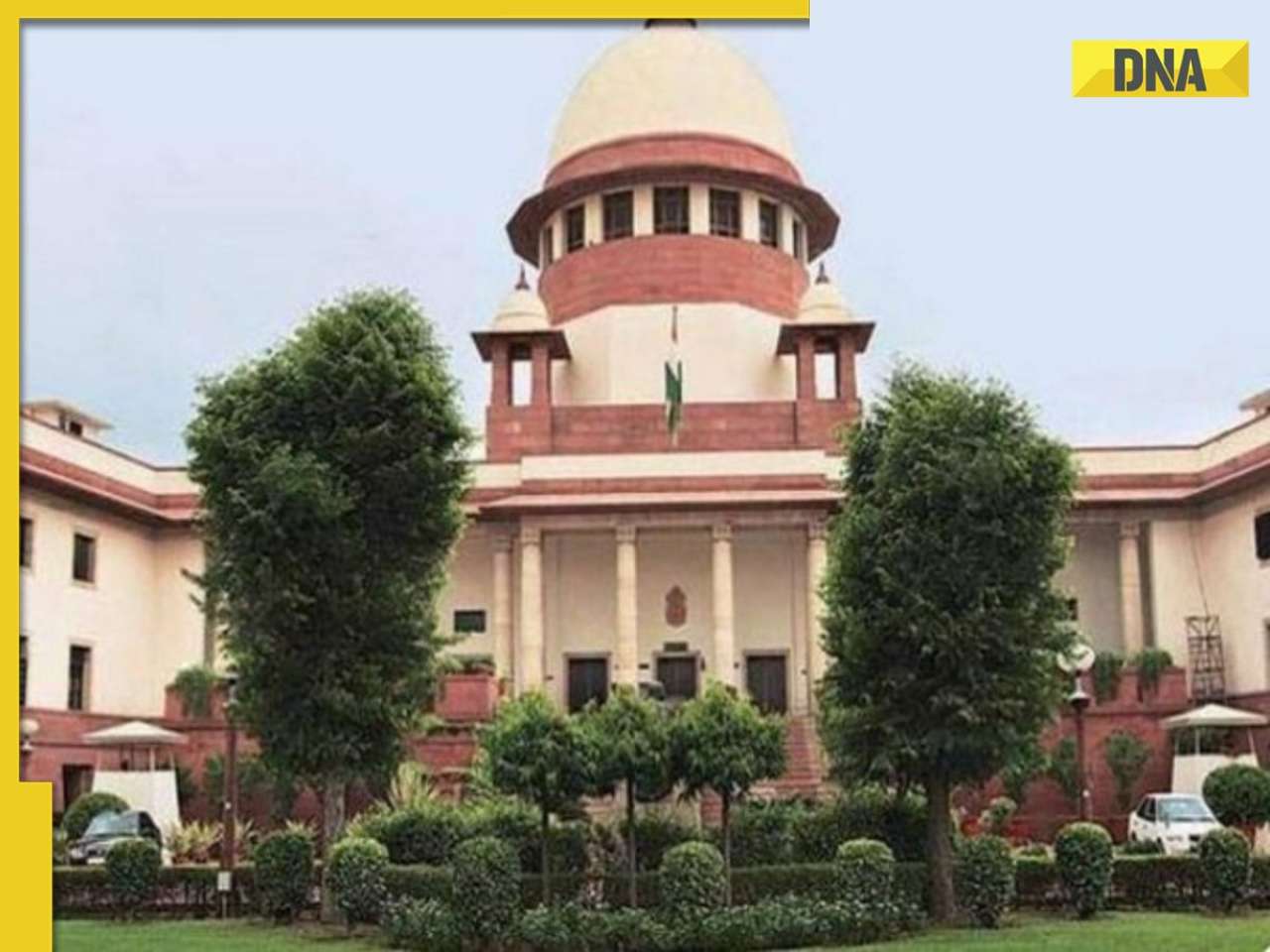
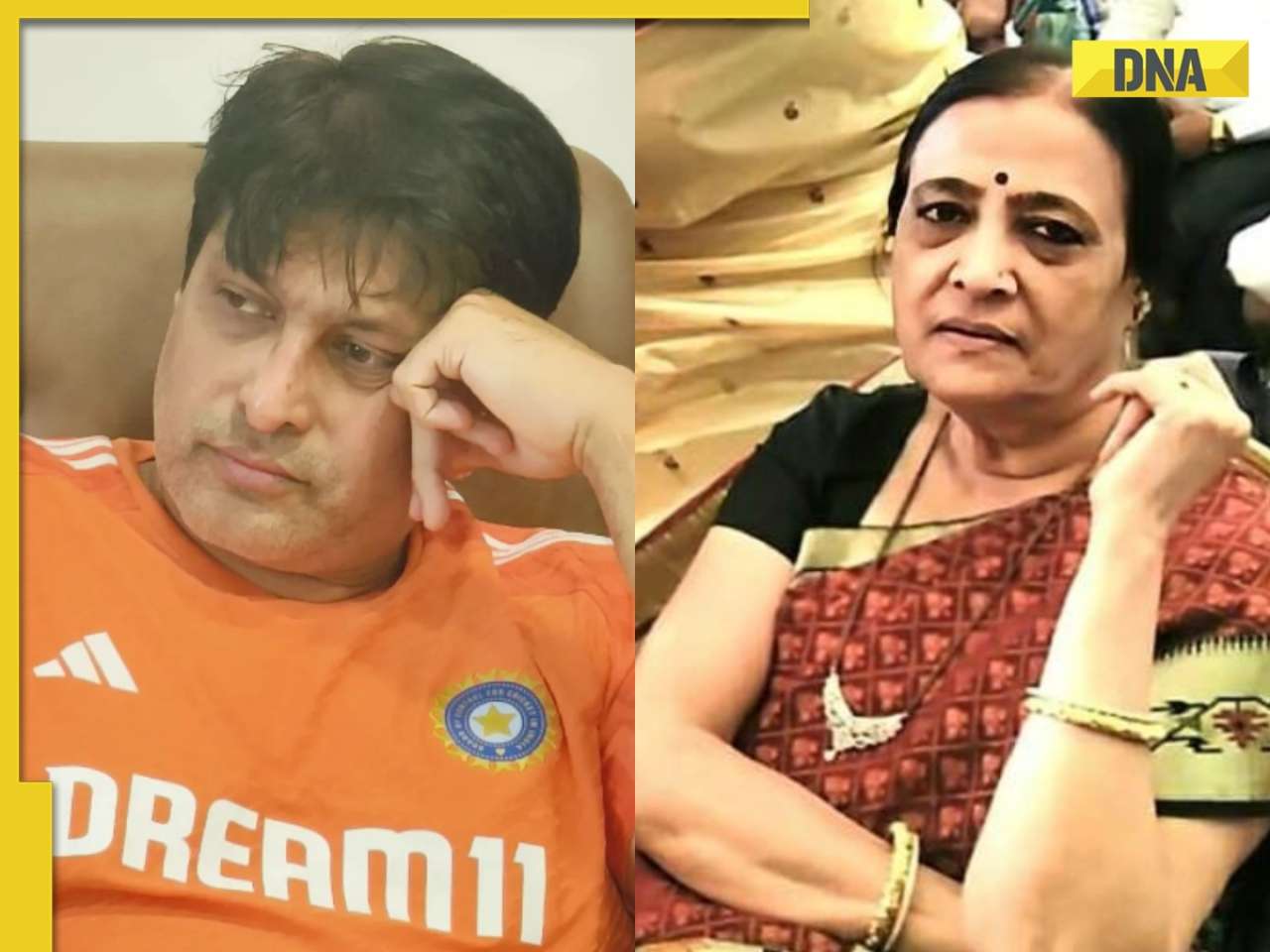

)





)
)
)
)
)
)